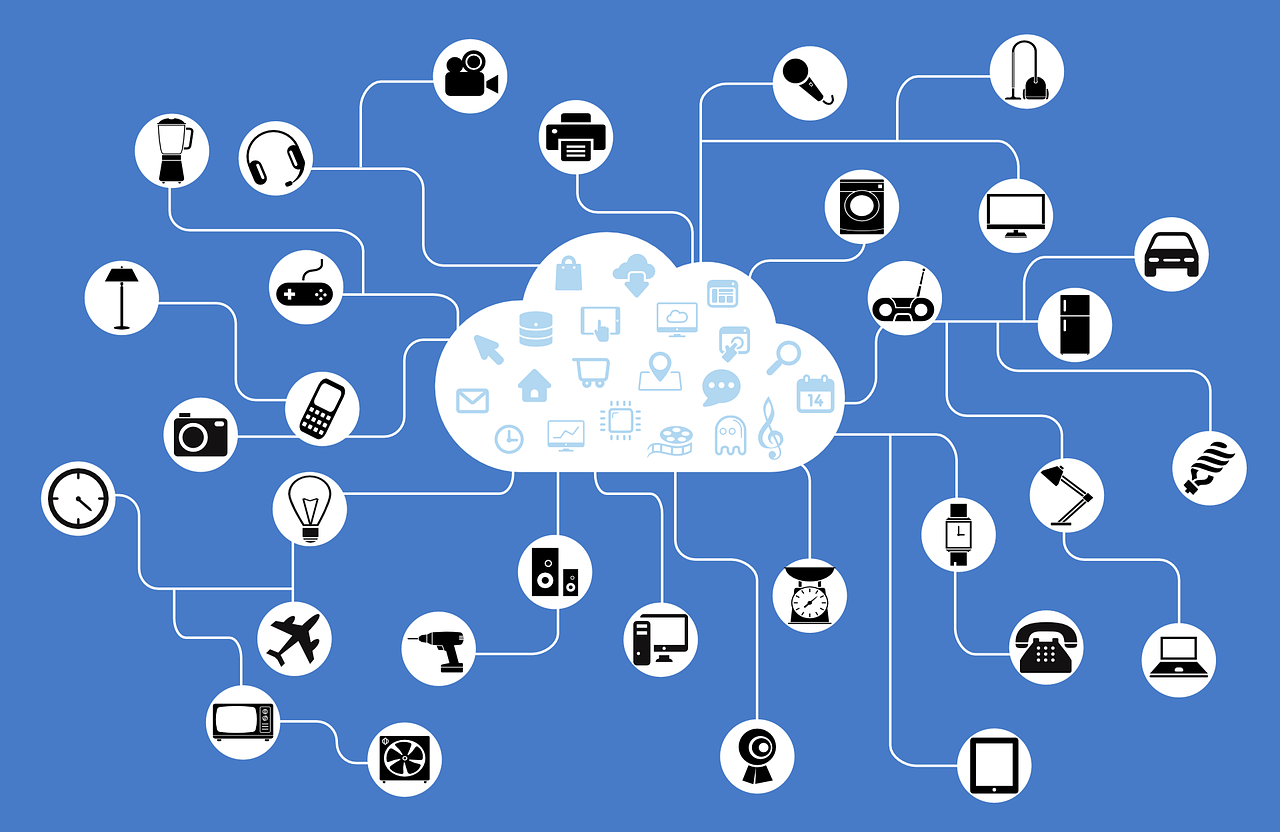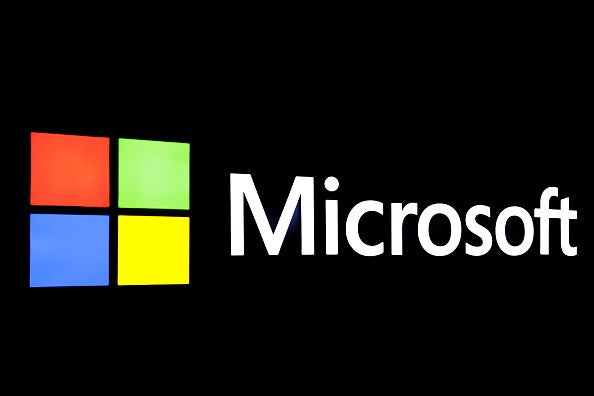
AT&T grabbed the headlines – and stole some of the already dim MWC Barcelona spotlight – with its announcement that it will move its 5G network to Microsoft’s Azure for Operators cloud, beginning with its 5G core.
The announcement should not have been entirely unexpected; AT&T has been on a journey to the public cloud for several years. However, what was perhaps unexpected was the degree of commitment that AT&T has made to Microsoft, including its plans to transfer some of its network employees as part of the deal.
The AT&T deal is a clear sign of success for Microsoft’s acquisitions of Affirmed Networks and Metaswitch in 2020 that gave it a much stronger value proposition with regard to network operators, particularly concerning the 5G core considered the ‘brains’ of the network.
More than most operators, AT&T has invested heavily in the past six years to aggressively virtualize across its network, with the goal of virtualizing 75% of its network functions by September 2020 – a goal it says it reached. This is reflected in the investment in personnel focused on virtualization that will now largely be transferred to Microsoft.
AT&T’s move reflects the likely decision that it would struggle to keep pace in an environment in which the innovation and ecosystem focus required to innovate on public cloud has arguably been taken on by the likes of AWS, Microsoft, Google, and Alibaba. As a result, AT&T concluded that now was the right time to begin to cede some network control to Azure.
More deals could be coming for AT&T
For its part, AT&T has indicated that it will redeploy some of its operating budget away from network R&D and engineering and into building 5G uses for consumers and particularly in the enterprise.
How well do you really know your competitors?
Access the most comprehensive Company Profiles on the market, powered by GlobalData. Save hours of research. Gain competitive edge.

Thank you!
Your download email will arrive shortly
Not ready to buy yet? Download a free sample
We are confident about the unique quality of our Company Profiles. However, we want you to make the most beneficial decision for your business, so we offer a free sample that you can download by submitting the below form
By GlobalDataAT&T also made clear that it does not intend to be fully locked in with Microsoft across its entire network. A week after the Microsoft deal, AT&T announced an expanded partnership in which it will integrate Google Cloud edge computing resources into its expanding ‘edge zone footprint.’ The aim is to help businesses drive value and build innovative experiences in retail, healthcare, manufacturing, entertainment, and other verticals.
The new edge computing deal is probably not the last for AT&T, and the affiliation does not necessarily solve a key dilemma facing AT&T and other operators: the reality is that public cloud operators are both partners and potential competitors. Edge computing – while still nascent – remains a hotly contested area, and the eventual winners and losers are far from clear.








Related Company Profiles
Google LLC
Microsoft Corp
AT&T Inc